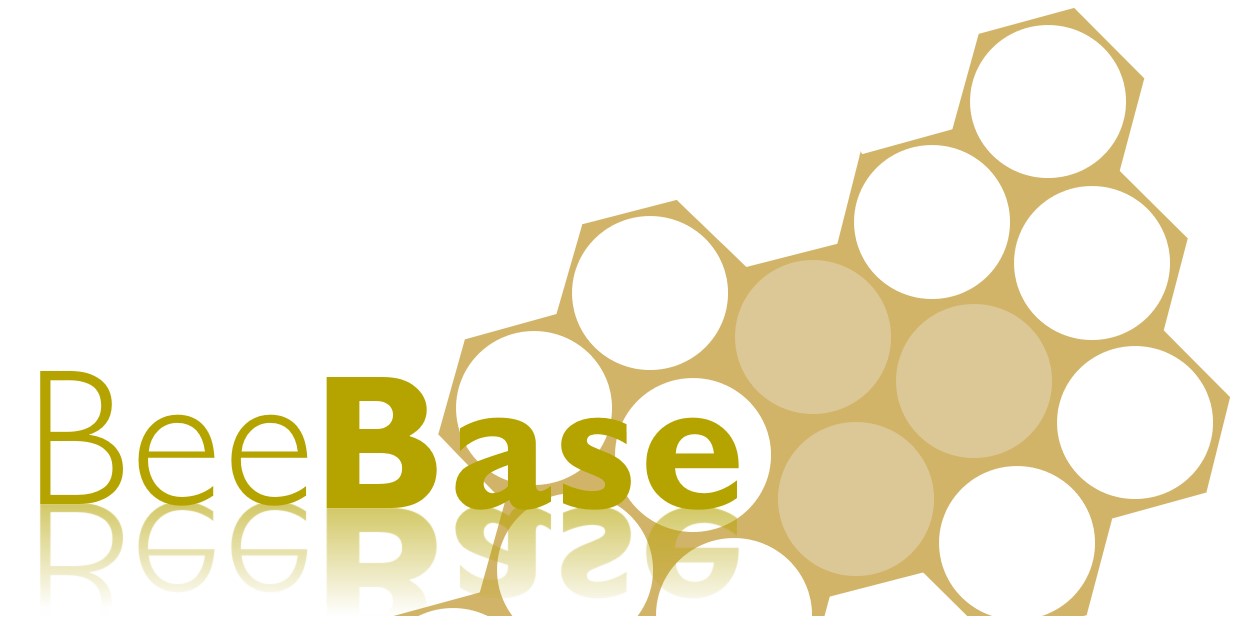Protecting honey bees and protecting consumers
These pages describe the environmental protection and food safety aspects of our work.
The NBU is contracted to take honey samples directly from beekeepers on behalf of Defra's Veterinary Medicines Directorate (VMD) as part of Defra’s statutory residue monitoring programme - the National Surveillance Scheme. Each EU Member State has a statutory responsibility to monitor food for residues to ensure safety for the consumer. This scheme helps to protect consumers by minimising the risks of residues in harvested honey entering the food chain.
The NBU also works within the Wildlife Incident Investigation Scheme (WIIS) which monitors the effects of pesticides on wildlife, pets, and beneficial insects (such as honey bees and bumble bees).
The Health and Safety Executive (HSE) is the regulatory authority in the UK for pesticide products. Pesticides can be split into two categories, those used in agriculture, horticultural and home garden and those used for public hygiene.
